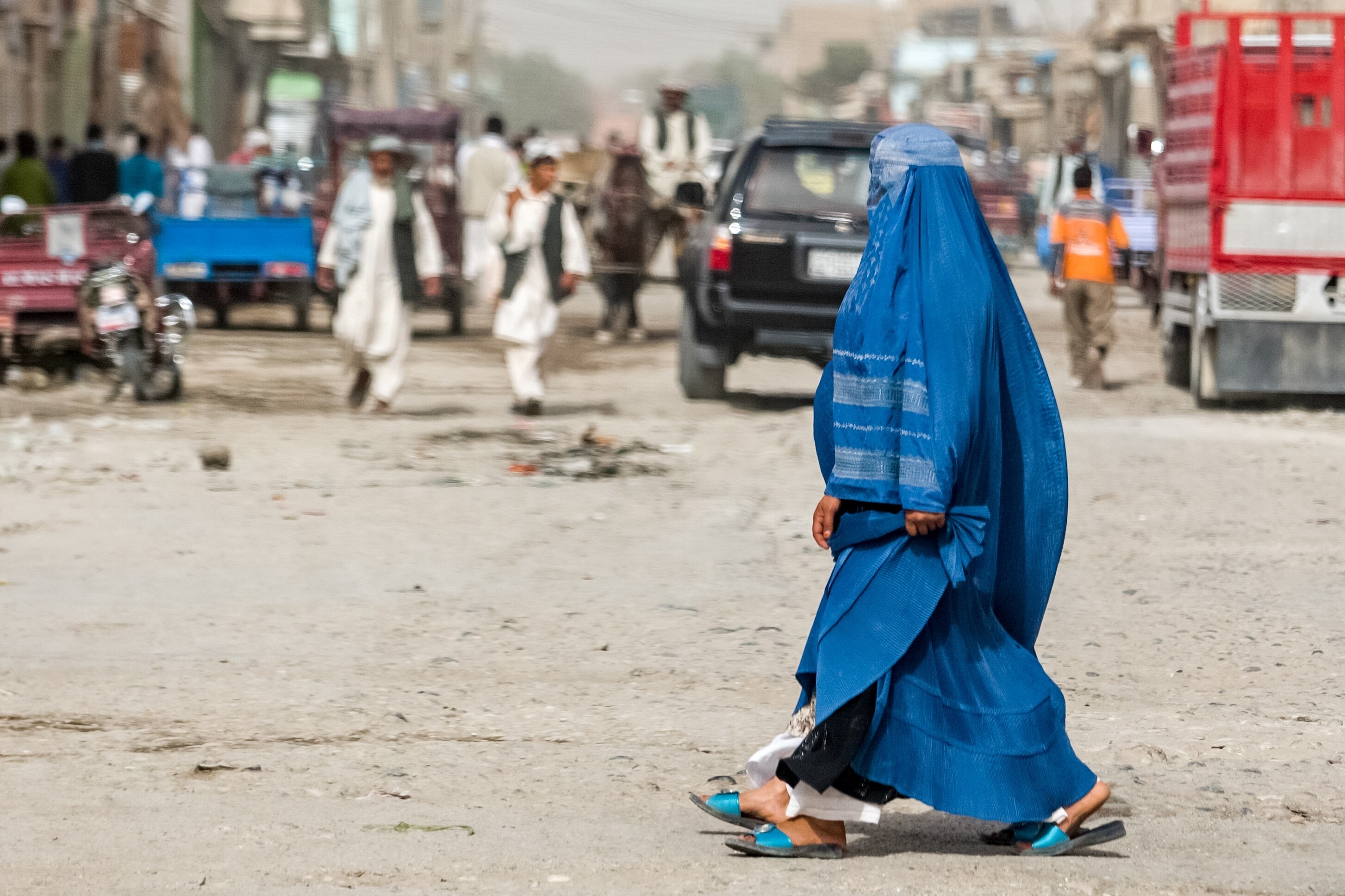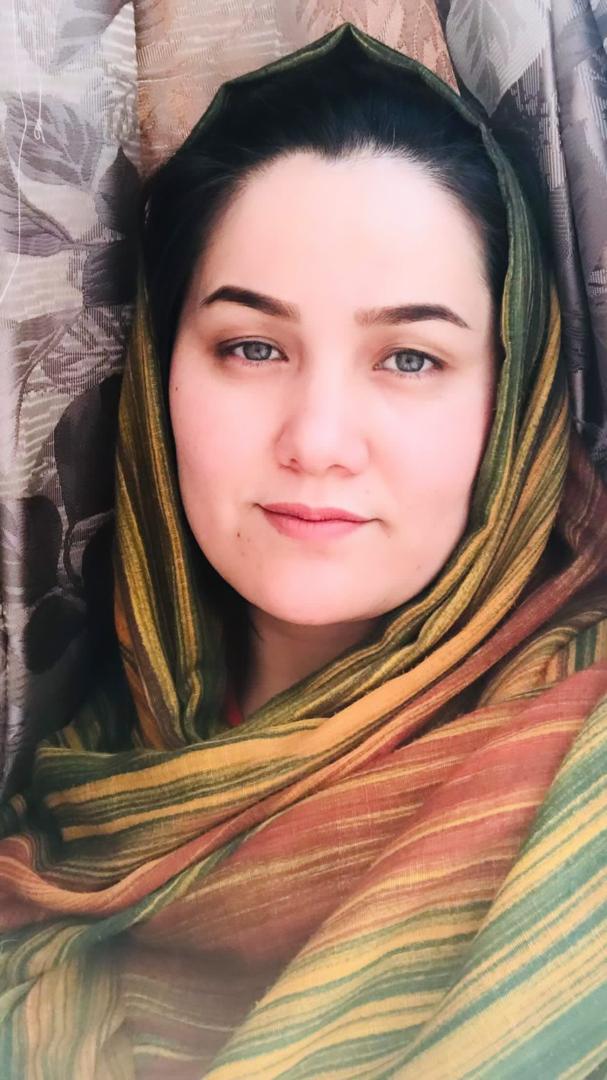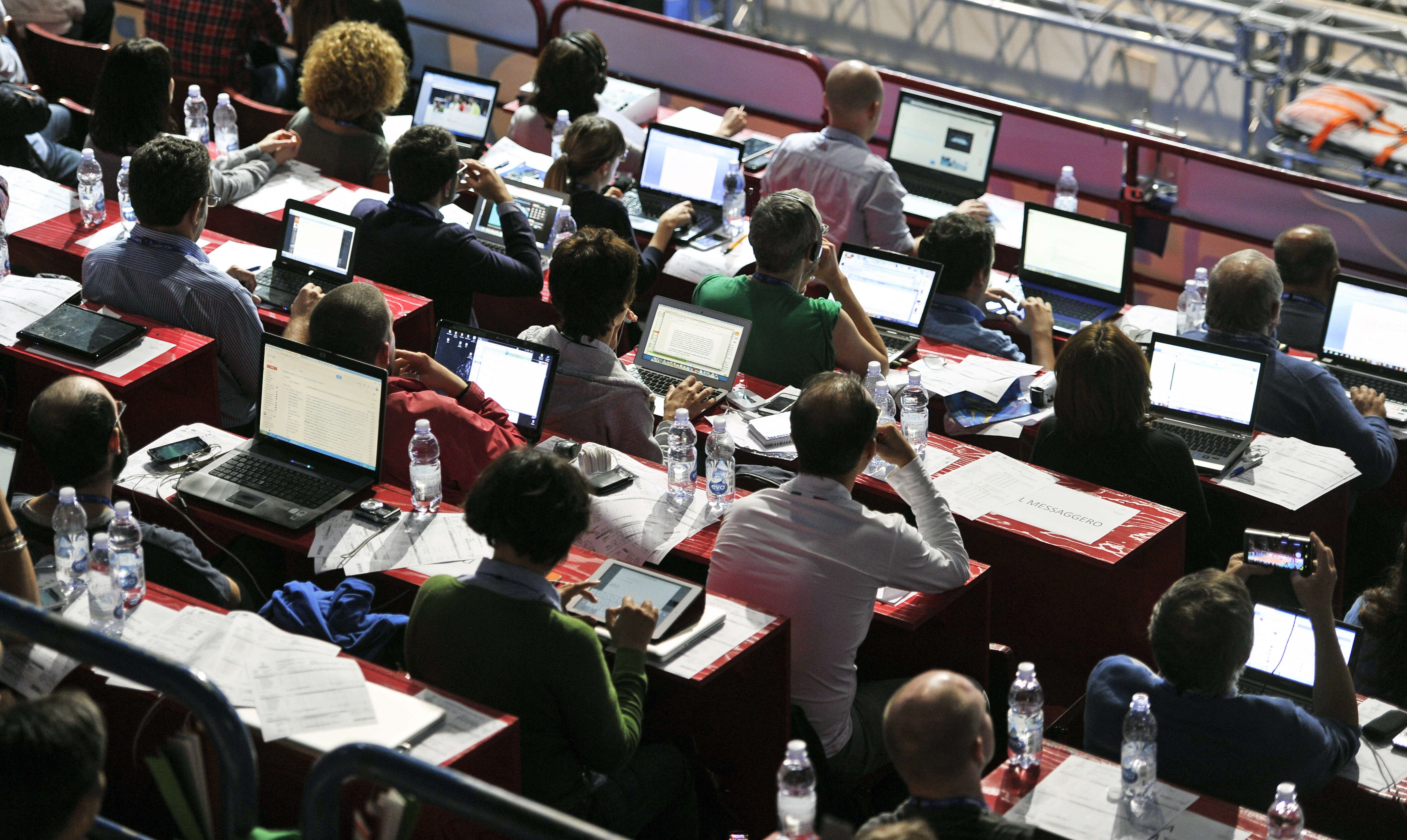تحميل الكتاب PDF
مقدمة الترجمة العربية
بين عامي 2020-2019، نشر "رافايل باداني Raphael Badani"، الخبير في شؤون الشرق الأوسط، مجموعة من المقالات والتحليلات حول الشرق الأوسط في عدد من المواقع الصحفية اليمينية الأميركية. لم يكن باداني سوى شخصية وهمية، ضمن شبكة دعاية مكونة من 19 شخصية، استخدمت تقنيات متطورة لإخفاء هويتها الأصلية، ونشرت مقالات وتحليلات تروّج لوجهة نظر تدعم دولة الإمارات وتنتقد سياسات قطر وتركيا وإيران، حسب تحقيق لموقع The Daily Beast الأميركي.
سعت هذه الحملة، وغيرها من حملات مشابهة في الشرق الأوسط، لاستهداف الجمهور العربي بأخبار زائفة، وتقويض جهود الصحفيين في نقل الحقيقة، وإغراق منصات التواصل الاجتماعي بكمّ هائل من تلك الأخبار التي تستعرض قضايا تهم الناس. فمن ظاهرة ما يعرف بـ "الذباب الإلكتروني" ودوره في التأثير على "ترند" القضايا التي تشغل اهتمام جمهور منصات التواصل الاجتماعي والتلاعب بالنقاش الدائر حولها، إلى حملات استهداف النشطاء والصحفيين لتشويه سمعتهم، وصولا إلى حملات ممنهجة تسعى لترويج سردية واحدة تجاه القضايا التي تشغل الرأي العام، وإقصاء أي سردية أخرى.
إن الأخبار الزائفة وما تنطوي عليه من مخاطر تقوّض القيمة الجوهرية للصحافة -إخبار الناس بالحقائق-، وتساهم في زعزعة قدرة الجمهور على قراءة واقعه بمقاربة سليمة، وتدخله في حالة من الشك والحيرة أمام كل خبر وكل حدث يبرز في مجتمعه والعالم. في الوقت ذاته كانت هذه الشكوك كفيلة بأن تجعل مهمة الصحفي أكثر صعوبة في سعيه لإعادة الثقة بالإعلام، بعد أن استولت الأخبار الزائفة على منصات التواصل الاجتماعي، وأصبح تمييز الأخبار الحقيقية من غيرها، عملية مؤرقة وشاقة.
الخطر الأبرز الذي يحيق بالمجتمعات بسبب انتشار الأخبار الزائفة، هو بدء تلاشي ما يعرف بالفضاء العام (The Public Sphere) - وفق المفهوم الذي وضعه الفيلسوف الألماني يورغن هابرماس - والذي رأى كثير من الباحثين أنه تمثّل في مواقع التواصل الاجتماعي مطلع هذه الألفية، ولو بشكل جزئي؛ بعد أن خرج نقاش القضايا التي تهم العامة من احتكار صالونات النخب؛ إلى الساحات العامة (الافتراضية) التي أمّنتها منصات مثل فيسبوك وتويتر، في نقاش مفتوح دون قيود، كانت ثورات الربيع العربي أوج تجلياته. لكن انتشار الأخبار الزائفة والحملات المنظمة التي يقودها "الذباب الإلكتروني" ضد تلك النقاشات، أصبح يحول دون حدوثها في فضاء صحي. وبدل أن تسود القضية أو السردية التي تُجمع عليها الأغلبية في المجتمع وتتصدر الـ "ترند"، أصبح شخص واحد يسير آلاف الحسابات الوهمية قادرا على التأثير في تلك السردية؛ عبر توجيه تلك الحسابات لإقصاء أي "ترند" يقوده نشطاء مع أو ضد قضايا يرونها مهمة، ومنعه من الوصول لعامة الناس.
انطلاقا من هذه الحالة، وما تشكله من تهديد حقيقي لقيم الصحافة الجوهرية، دأب معهد الجزيرة للإعلام، خلال السنوات الماضية؛ على تقديم المعرفة لتوعية الصحفيين بمخاطر الأخبار الزائفة والتعريف بأفضل الممارسات لتجنب الوقوع في فخ تصديقها أو الترويج لها. بدأ المعهد مشروعه بإصدار "دليل التحقق من الأخبار"، ثم بترجمة كتاب "دليل التحقق للصحافة الاستقصائية" بالتعاون مع مركز الصحافة الأوروبي، وبإصدار كتاب "البحث عن الحقيقة في كومة الأخبار الكاذبة"، إضافة إلى نشر مقالات ودراسات تتناول الأخبار الزائفة عبر مجلة الصحافة وبرنامج زمالة الجزيرة. وفي سبيل إثراء المحتوى العربي، يأتي مشروع ترجمة هذا الكتاب إلى اللغة العربية، في مواجهة مستمرة بين الصحفيين من جهة، وبين الأخبار الزائفة وحملات التضليل الممنهجة من جهة أخرى.
معهد الجزيرة للإعلام












































